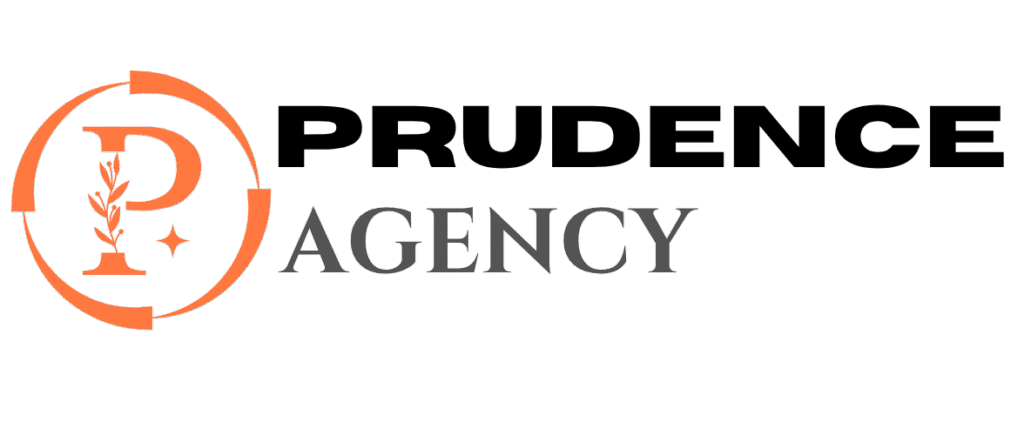Advanced SEO Strategies for Entity-Based Search Optimization
In the evolving landscape of search engine optimization (SEO), understanding entity-based search optimization is pivotal to stay ahead of your competition. As search engines like Google grow smarter and focus increasingly on semantic understanding, optimizing websites through entities-not just keywords-has become essential.
This comprehensive article will dive into advanced SEO techniques centered on entities, providing actionable insights to enhance your website’s authority, relevance, and visibility in modern search results.
What Is Entity-Based Search Optimization?
Entity-based SEO means optimizing your content and website around entities, which can be any person, place, thing, concept, or idea that has a distinct and definable meaning. Unlike traditional keyword SEO, entities help search engines “understand” the context and relationships between concepts rather than just matching strings of words.
For example, when you search for “Apple”, the search engine uses entities to determine if you mean the fruit or the technology company, based on context, user intent, and entity relationships.
Why Focus on Entity-Based SEO?
- Improved semantic relevancy: Entities help search engines connect content naturally with user intent.
- Enhanced Knowledge Graph presence: Proper entity optimization can earn you featured snippets, Google Knowledge Panels, and voice search results.
- Better content clustering: Entities allow you to structure your content around clear topics, boosting topical authority.
- Adaptation to AI-driven search: Modern search algorithms increasingly rely on entity understanding and natural language processing (NLP).
Core Advanced SEO Strategies for Entity-Based Optimization
1. Identify and Research Relevant Entities
Begin with thorough research to discover key entities related to your niche. You can use tools such as:
- Google Knowledge Graph Search API
- SEMrush Semantic Kernel tool
- Ahrefs Keyword Explorer (Entity filter)
Focus on entities that are authoritative, central to your industry, and relevant to your target audience.
2. Use Schema Markup to Define Entities
Schema.org structured data helps search engines identify entities explicitly within your webpages. Some essential considerations include:
- Implement
JSON-LDschema markup for your content entities such asPerson,Organization,Product,Event, etc. - Use rich snippet types to improve visibility in SERPs (rich cards, knowledge panels).
- Keep schema data updated and aligned with your visible content.
3. Leverage Content Hubs and Topic Clusters
Structuring your content around entity-based topic clusters maximizes semantic relationships. This involves creating a “pillar page” to cover a broad entity-centric topic and supporting cluster content pages that dive deeper into sub-entities or niche areas.
This internal linking strategy signals topical authority to search engines.
4. Optimize for Natural Language and Conversational Queries
With voice assistants and AI-powered search, users increasingly phrase queries in natural language. Optimize your content by:
- Incorporating question-based headers (
H2,H3tags) that target long-tail entity-focused queries. - Using semantic synonyms and related entity terms.
- Creating FAQ sections that align with user search intent.
5. Build Entity Associations via Backlinks and Mentions
Backlinks and brand mentions that tie your website’s entities to well-known external entities enhance trustworthiness and authority. Strategies include:
- Acquiring links from niche-relevant authoritative sites.
- Ensuring consistent NAP (Name, Address, Phone) citations for local SEO entities.
- Using co-citation practices where your entity is mentioned alongside well-known entities, reinforcing relevance.
Benefits of Entity-Based Search Optimization
| Benefit | Description |
|---|---|
| Improved Search Intent Alignment | Entities align content closely with user meaning, improving satisfaction. |
| Higher SERP Feature Visibility | Increases chances of knowledge panels, snippets, and voice result rankings. |
| Stronger Domain Authority | Entity relevance boosts brand and website credibility over time. |
| Resilience to Keyword Fluctuations | Less reliance on exact keywords reduces vulnerability to algorithm updates. |
Practical Tips to Implement Today
- Audit your existing content: Identify entity gaps and opportunities using entity analysis tools.
- Start adding schema markup: Even basic schemas like
OrganizationandBreadcrumbListhelp. - Develop pillar content: Focus on comprehensive guides centered on core entities.
- Monitor your entity signals: Use Google Search Console and SEO tools to track your knowledge panel presence and entity rankings.
- Optimize images and media: Use descriptive alt attributes that include entity-related terms.
Case Study: Boosting Visibility with Entity Optimization
A mid-sized technology blog optimized their content for entities related to “Artificial Intelligence” by:
- Mapping core AI-related entities such as machine learning, neural networks, and natural language processing.
- Structuring content around these entities with appropriate schema markup.
- Building content clusters linking deeper AI topics back to the main pillar page.
- Encouraging authoritative backlinks from AI-focused websites.
Result: Organic traffic increased by 38% over six months, with several featured snippets and a knowledge panel appearing for the blog’s brand name.
Conclusion: The Future of SEO Lies in Entity-Based Optimization
As search engines evolve to better understand the relationships between concepts and user intent, adopting advanced entity-based SEO strategies is no longer optional – it’s vital. By incorporating structured data, semantic content, and strategic link-building focused on entities, you position your website to thrive in the future of search.
Embrace these advanced SEO techniques today to unlock new levels of visibility, authority, and user engagement in your niche. Remember, the key lies in helping search engines understand your content deeply and clearly through the power of entities.
Ready to take your SEO to the next level? Start focusing on entities now and watch your website’s search performance soar!











